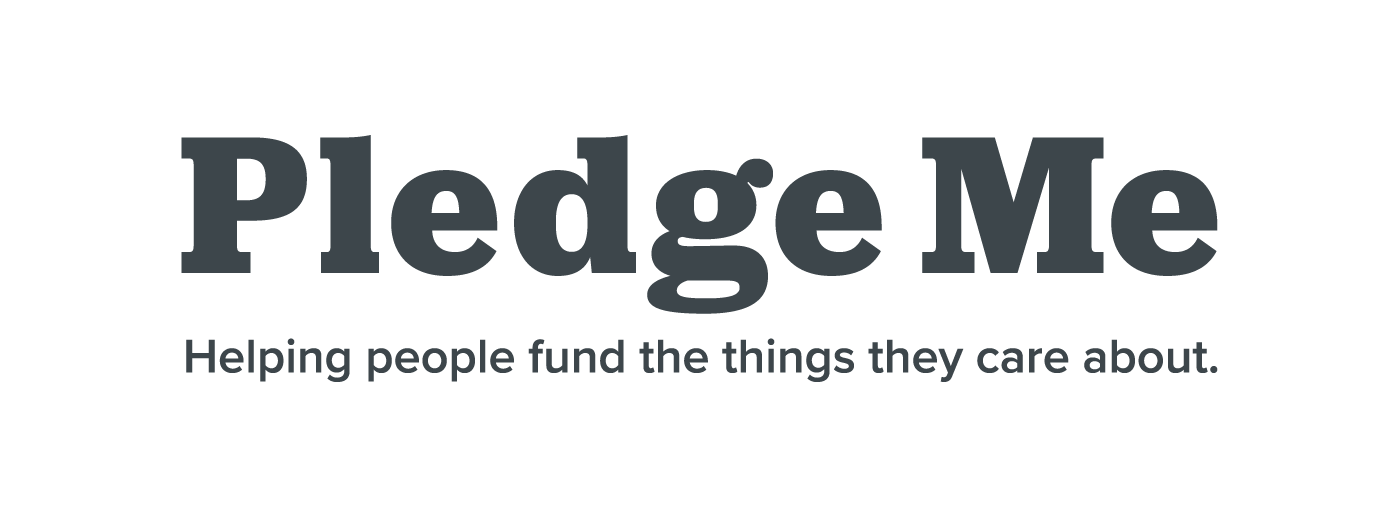Invest
Investor Education Guide
➜ 1. What does it mean to invest?
2. How do I invest?
3. Risk Warning
What does it mean to invest?
Shares are the unit of ownership in a company. Ownership of each company is divided into units (shares) and the people that own those shares are called shareholders. What the shares are worth is based on the value of the company and number of shares. For example, if a company has 100 shares and is worth $100,000 each share is worth $1,000.
Investing means you are purchasing shares and buying a piece of a company, which makes you a part-owner. As an owner, there is the potential to make money off your investment. Some of the ways you might make a return are as follows:
if the company is profitable, you could receive an annual payment based on the company’s profits, if the company chooses to share them (a dividend),
if someone is interested in buying shares in the company, you could sell them, or
if the company’s business is sold, you would receive part of the sale price based on the amount of the company you own and rights attached to your shares.
Investing in an early-stage company is risky. It can be hard to judge the likelihood of success with startups and growing businesses. Losing your whole investment is possible. This means you need to think carefully before you invest, and make sure you’re not investing more than you can afford to lose.
The companies which use PledgeMe are not listing their shares on a public stock exchange. This means they do not need to disclose the same level of information to investors as a listed company would. This also means the shares you invest in via PledgeMe may lack liquidity, as they are not traded on a stock exchange. Because of this, it is important to recognise that selling your shares may be difficult. Make sure not to invest money you might need back at short notice.
Typically early-stage and growing companies do not pay dividends, instead they may reinvest any profits they make into growing the business. They may also do future rounds of investment, meaning your ownership of the company percentage-wise could be diluted by the new shares that would be issued.
More information about the risks involved in investing can be found on the Financial Markets Authority’s website here: https://www.fma.govt.nz/investors/ways-to-invest/crowdfunding/
What is the company required to provide?
Before you register to invest, PledgeMe will provide you with:
A warning statement, to make sure you understand the risks of crowdfund investing and how it’s different to normal investing.
A disclosure statement, which explains how our service works, and what kind of checks we’ve performed on the company you’re choosing to invest in.
An investor agreement, which outlines the terms of your contract with us.
Before you pledge to a campaign, the company’s page will contain:
A description of what the company does, who is behind it, what they have done so far and where they are going.
Their business plan with more information what their company does, who their team is, and what they’ll use the investment for
Their historic financials
Their forecasted financials, based on their assumptions and historic numbers
Their key risks
Their valuation and details around the shares on offer
You should read all of this information carefully before investing.
Once you are a shareholder, the company you invest in is also required to provide you with:
An invitation to its Annual General Meeting (AGM), at which you have the opportunity to vote (if you have voting shares).
A copy of the company’s annual report.
Copies of its financial statements.
It’s important to remember that while as a shareholder you have a role within the company, you can’t take part in the company’s management or internal affairs, unless the company’s constitution gives you that right.
For more info on what your rights as a shareholder are, you can always take a look at the Companies Act 1993 - particularly section 83 and parts 7, 8, and 12:legislation.govt.nz/act/public/1993/0105/latest/whole.html#DLM320841
What do you need to do? (voting shares only)
If you hold voting shares in a company, you will have the right to vote on certain decisions about how the company is run. These include:
Changes to the company’s constitution or to shareholders’ rights
Decisions about major transactions, or decisions involving remuneration of directors
Appointment of directors and auditors
Voting happens at shareholder meetings, and in the case of investor class shareholders, can also happen through the Shareholders portal on PledgeMe. You get one vote for each share that you hold. This is an important responsibility, as it’s your opportunity to contribute to how the company develops. Use your votes wisely!
What else can you do?
If you’re still in the dark about anything, check out the links in the bibliography below - they’ll take you to sites that can give you more specific information. Until next time, happy investing - and good luck in helping awesome NZ businesses to grow.
📚 Bibliography
HowTo Law: "How To: The Rights, Powers, and Liabilities of Shareholders."
howtolaw.co/the-rights-powers-and-liabilities-of-shareholders-392233FMA information on crowdfunding investment
https://www.fma.govt.nz/investors/ways-to-invest/crowdfunding/FindLaw: “A Brief Guide to the Companies Act 1993
findlaw.com/12international/countries/nz/articles/954.htmlInformation from Companies Office on shareholder rights:
business.govt.nz/companies/learn-about/companies/shares-and-shareholders/rights-of-shareholdersOnline copy of the Companies Act 1993:
legislation.govt.nz/act/public/1993/0105/latest/whole.html#DLM320626
Next 2. How do I invest? ➜

